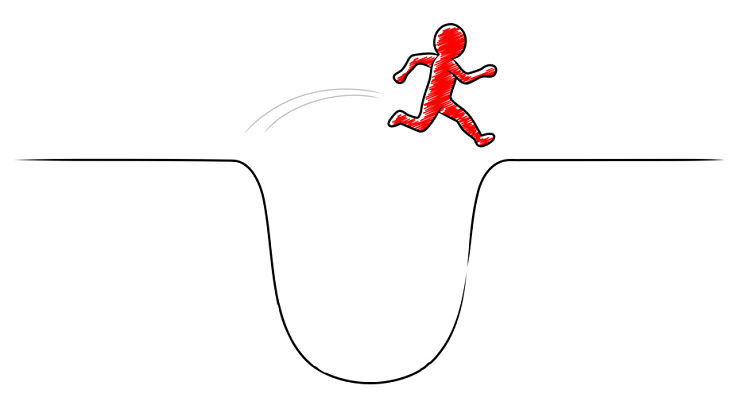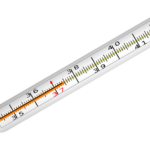Recovering from bankruptcy isn’t hard. You’ve hurdled the debt chasm and finished your bankruptcy case.
There’s a fresh start ahead.
But where do you start on that fresh start?
Consider this to-do list for bouncing back from bankruptcy.
Keep on keeping on
Whether your bankruptcy case was a Chapter 7, over and done in months, or a Chapter 13 reorganization lasting years, you’ve probably been funneling money at old debt problems for a long while.
Use that discipline you honed through tough times to set aside a like amount for yourself now that you’re out of debt.
You’ve shown that you can do it. Keep doing it, but for yourself and your family.
- Create an emergency fund, so you don’t have to resort to credit cards or payday loans when there’s an unexpected or infrequent expense.
- Up your retirement game. We live longer and that’s no fun if you’re barely getting by.
Know what debts survived your bankruptcy
Not all debts get wiped out in bankruptcy. Figure out what remains to be paid, if anything, in your case.
A creditor with a debt that survives the bankruptcy retains legal rights to enforce that debt.
So make a list of the surviving debts and make a plan for payment. If you can’t retire the debt as fast as the creditor insists, consider filing Chapter 13 to impose a 3-5 year repayment plan on the troublesome creditor.
Figure out where your money goes now
Take a look at the fixed expenses in your life. Usually that’s housing and transportation.
Can you afford the mortgage payment or the car payment that stretches out into your future?
Look at your monthly expenses that are more easily trimmed.
- what are you spending on cable, internet, and cell phones?
- are you overpaying for insurance on your car or your home?
- do you rely on fast food or prepared meals that you could fix at home?
- are you having more taxes withheld than required to pay what you’ll owe?
Clean up your credit report
I’d like to say that credit reports are only important if you want to get back into debt.
That’s what credit reports were created to do: help lenders decide who gets credit and at what price.
But the unfortunate truth today is that credit reports impact rental housing; insurance rates; and even job prospects.
So, make sure the debt discharged in your bankruptcy shows as having a zero balance. Here’s how.
Avoiding another financial crisis
Most bankruptcies are triggered by things over which you have little control:
- job loss;
- ill health;
- divorce.
You may not be able to insure that none of those things happen again.
But with forethought and savings, you can absorb many financial blows and survive.
More
What’s life really like after bankruptcy
Resetting how you think about money and life style
Your mortgage after bankruptcy
Your discharge comes with rights: enforce them






